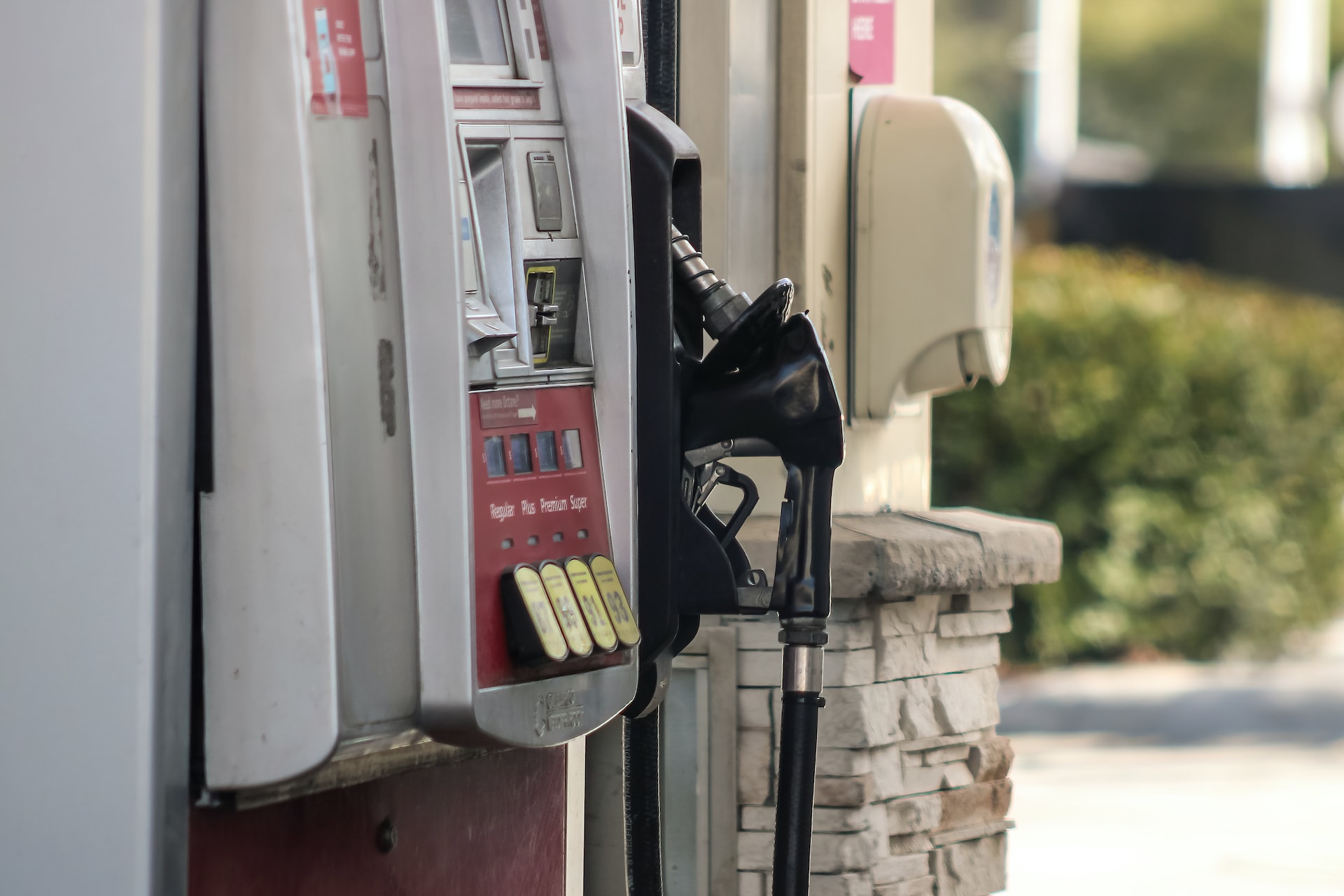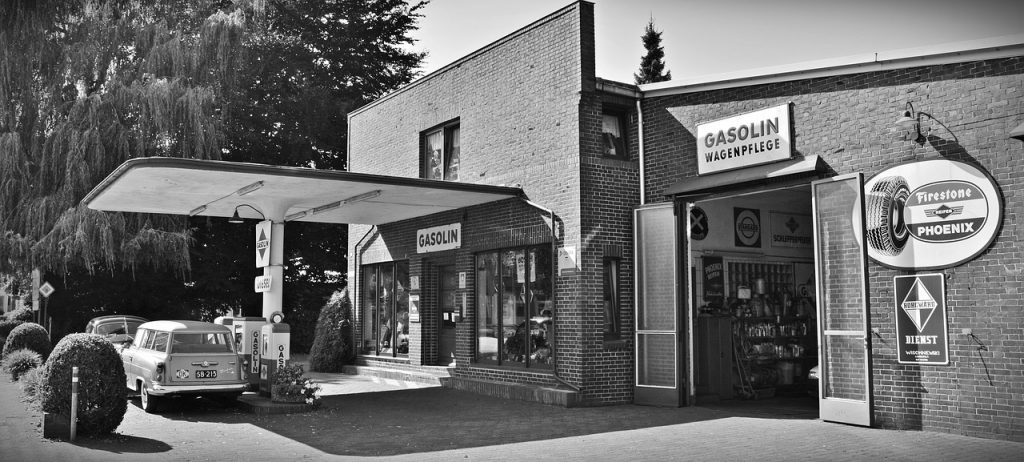Diesel has long been a fuel source for automobiles and other machinery. It is known for its efficiency and ability to produce more power than gasoline. But did you know there is a difference between regular diesel fuel and dyed diesel fuel? This article discusses what makes them different and why you might choose one over the other.
Dyed Diesel
The Pros
- Reduced Pollution Emitted from Exhaust: Dyed diesel fuel helps reduce the amount of air pollutants released into the atmosphere due to the lower sulphur content of the fuel compared to non-dyed diesel.
- Improved Engine Performance: Dyed diesel’s lower sulphur content leads to greater fuel efficiency and less engine wear, resulting in enhanced performance and longer engine life.
- Cheaper to Use: Dyed diesel fuel is typically more affordable than non-dyed diesel, as it does not require the same expensive treatments to reduce sulphur emissions.
- Improved Emissions: Because it does not require additional treatments for sulphur emissions, dyed diesel produces significantly fewer emissions than standard diesel.
- Easier Compliance with Regulations: Dyed diesel is easier to comply with when it comes to emissions regulations, as the reduced sulphur content keeps emissions from diesel engines well below the limits mandated by the government.
- Environmentally Friendly: In addition to decreasing air pollution, dyed diesel also reduces the amount of water contamination, as the fuel has a much lower risk of leakage into water sources. This can help to protect the environment in the long run.
The Cons
- Can Clog Fuel System Components: If misused, the imperceptible dye can clog up fuel system parts, leading to higher maintenance costs.
- Potential for Clashing Regulations: Dyeing diesel fuel can conflict with government regulations, resulting in costly fines.
- Inaccurate Measurements: Dyed fuel is usually measured on quantity versus quality, leading to inaccuracies in assessing the actual amount of fuel used.
- Can Cause Environmental Damage: Diesel fuel is not certified for environmental safety, and the use of dye could have an unforeseen effect on the environment.
- Inconvenient Refuelling Process: Dyeing diesel fuel requires special tools, making it impractical for most drivers to refuel on their own.
Regular Diesel
The Pros
- More Efficient Mileage: Diesel engines generally have a 25-30% fuel economy better than comparable gasoline engines, which can result in significant savings for long-distance drivers.
- More Torque: Diesel engines generate more torque than gasoline engines, thus providing better hauling and towing power.
- Better Durability: Diesel engines are designed to be more reliable and resilient than gasoline engines, giving you more peace of mind in terms of maintenance and use.
- Refuelling Options: Diesel fuel is widely available across the United Kingdom, meaning that there are many refuelling options no matter where you are driving.
- Low Maintenance Requirements: Diesel engines usually require less maintenance than gasoline engines. This makes them an ideal choice for those who don’t have time for regular servicing or don’t have the budget for frequent maintenance.
The Cons
- High Sulphur Emissions: Regular diesel contains higher sulphur levels, which can create sulphur dioxide emissions that are a significant factor in air pollution.
- Price Variability: Regular diesel fuel prices tend to be more volatile than other fuel types, potentially leading to unexpected changes in operating expenses.
- Increased Maintenance: Diesel engines are inherently more complex and require more maintenance to operate correctly than gasoline engines.
- Lower Fuel Efficiency: Regular diesel engines have a lower thermal efficiency than gasoline engines, leading to lower fuel efficiency and higher fuel costs.
- Increased Engine Wear: Regular diesel fuel can create sludge and other deposits within the engine, leading to increased wear on the internal components and potentially reducing engine longevity.
Conclusion
Dyed diesel is typically taxed at a lower rate, making it a more economical choice. However, it also has a shorter shelf-life and is more prone to contamination. Regular diesel is more expensive but is usually of higher quality and has a longer shelf-life. Ultimately, it depends on the user’s needs and budget when deciding which type of diesel is best for them.
Fuel Fixer provides fuel-related services to commercial and industrial customers. These include expert fuel delivery, fuel tank cleaning, and fuel system maintenance services. Our experienced technicians know the latest fuel technologies and can provide customised solutions to fit your needs. Call us at 0333 366 1081 to learn more about our reliable diesel services.

